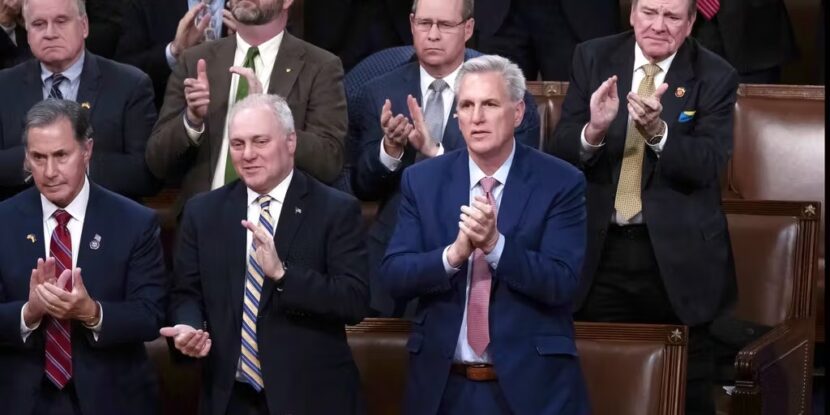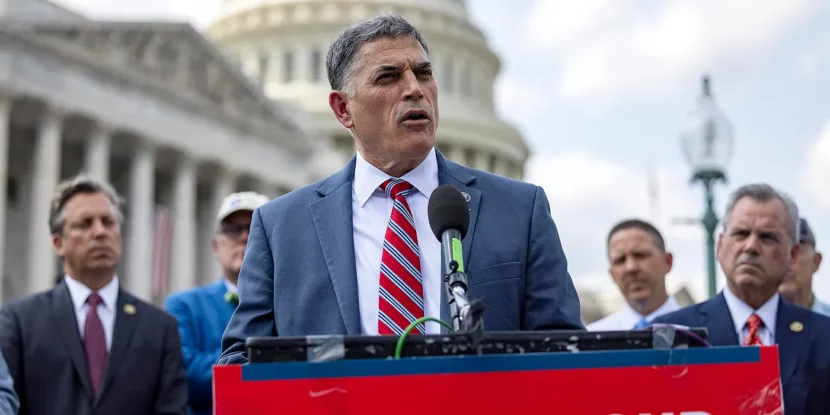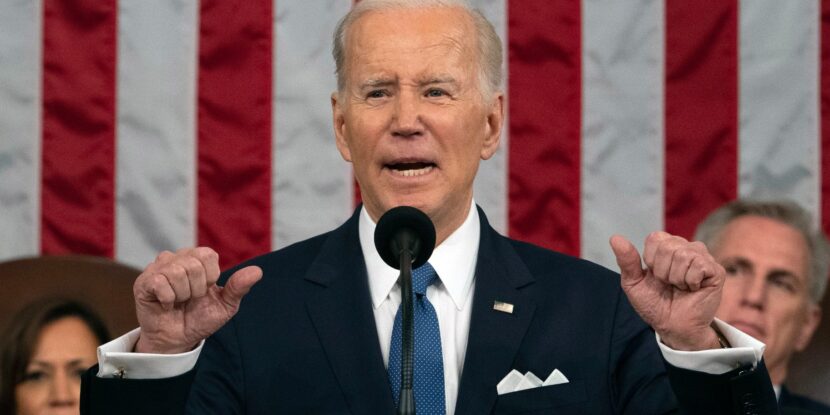Members of Congress returned to Washington, D.C. this week with only sixteen legislative days to pass a temporary budget fix to avert a government shutdown on October 1st, when the new fiscal year begins. Congress is not expected to pass any of the twelve massive budget appropriations bills before government funding runs out; with the House and Senate instead expected to take up a Continuing Resolution (CR) to keep the government funded while negotiations continue.
The House Freedom Caucus, comprising upwards of a quarter of the House Republican majority, is doubling down on calls for a return to pre-COVID spending levels in exchange for supporting Speaker Kevin McCarthy and his stop-gap funding measure. Rep. Eli Crane (R-AZ), a Freedom Caucus member, posted more expansive demands on X, stating:
“Gov’t funding hinges on whether or not the Establishment will continue bankrolling open borders, weaponized agencies, a woke Pentagon, & an escalation of the war in Ukraine.”
– Rep. Eli Crane, September 2023.
Senate Republicans appear at odds with their House colleagues, with Sen. John Cornyn (R-TX) posting: “The federal government will shut down in less than a month unless a funding bill is passed by Sept. 30. That’s only 16 legislative days away (and even fewer for the House) under the current schedule. The House and Senate are in completely different universes when it comes to how lawmakers should fund federal agencies in both the short and long term.”
Cornyn is a rumored successor to Senate Minority Leader Mitch McConnell (R-KY) whose struggles during several recent public appearances have sparked fresh health and leadership concerns.
Stephen Miller, a senior advisor to former President Donald Trump, called the funding fight, “…the most important legislative battle of the Biden presidency,” adding that if rank-and-file Republicans dig in and refuse to pass the blanket short-term funding bill, “…the Deep State expires at midnight on September 30th. After that, it’s up to Congress to decide which salaries, programs and activities to fund.”
Funding for the Deep State expires at midnight on September 30th.
After that, it’s up to Congress to decide which salaries, programs and activities to fund.
This is the most important legislative battle of the Biden presidency. And there isn’t a close second.
— Stephen Miller (@StephenM) September 4, 2023
Negotiations over the Continuing Resolution are expected to take up much – if not all – of September, while the remainder of the legislative session will be dominated by the 12 budget appropriations bills that will fund the government in its entirety for the next fiscal year.
show less





